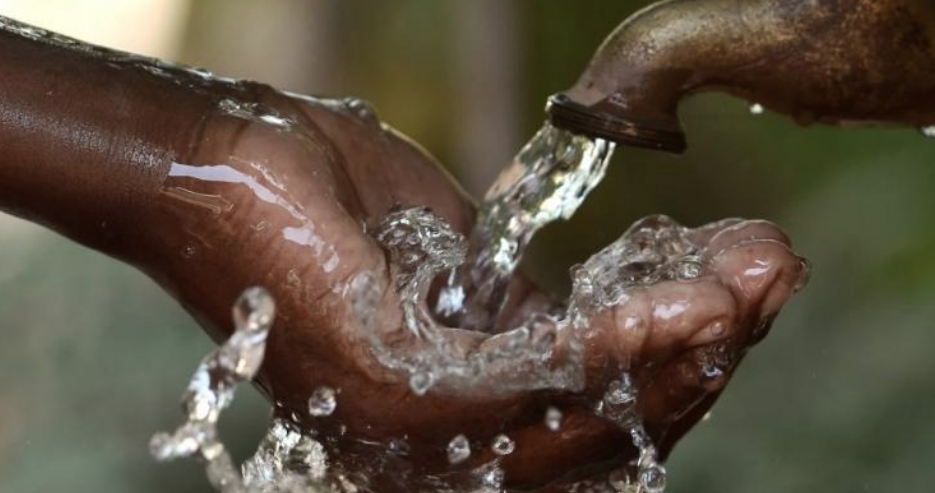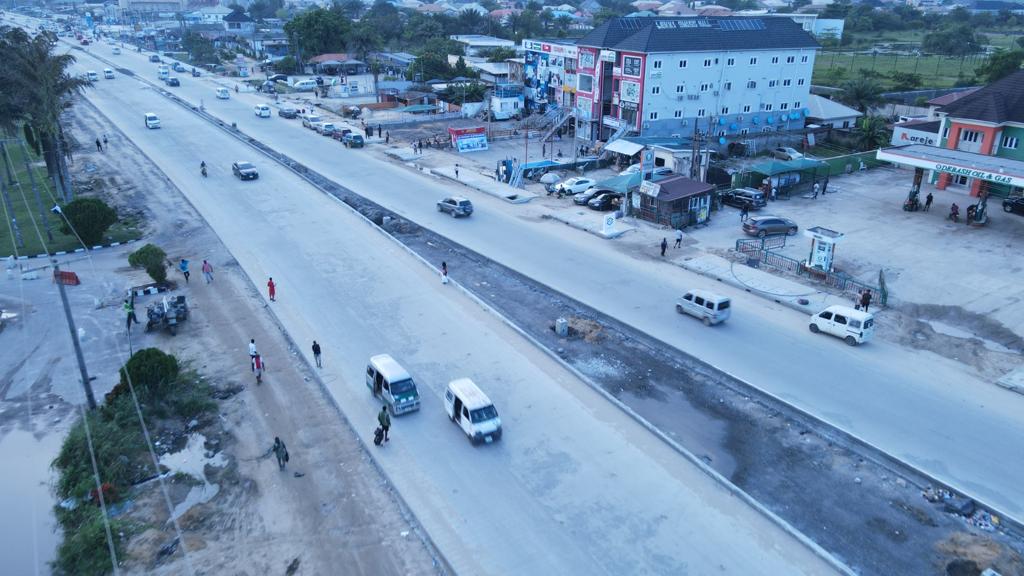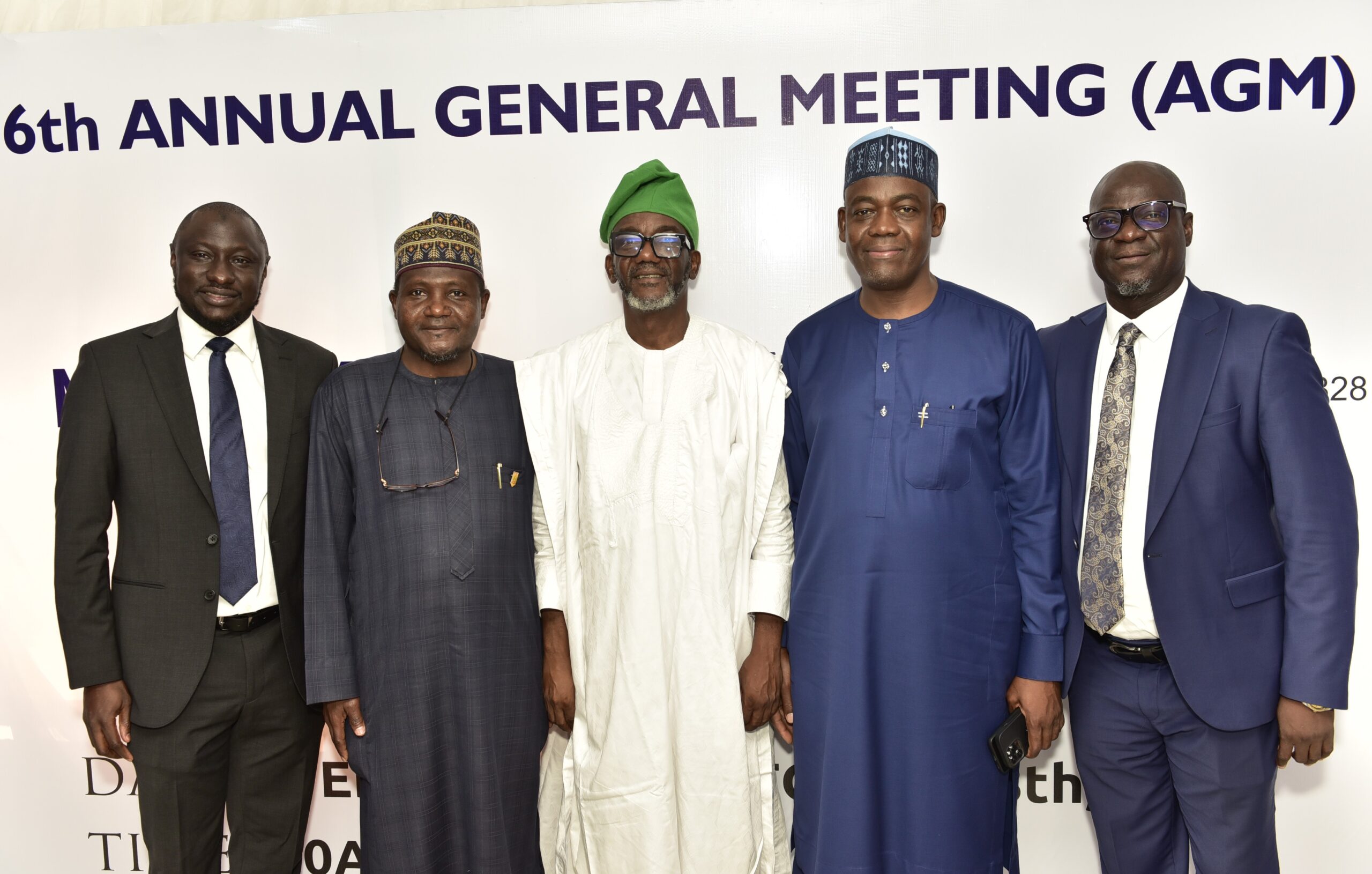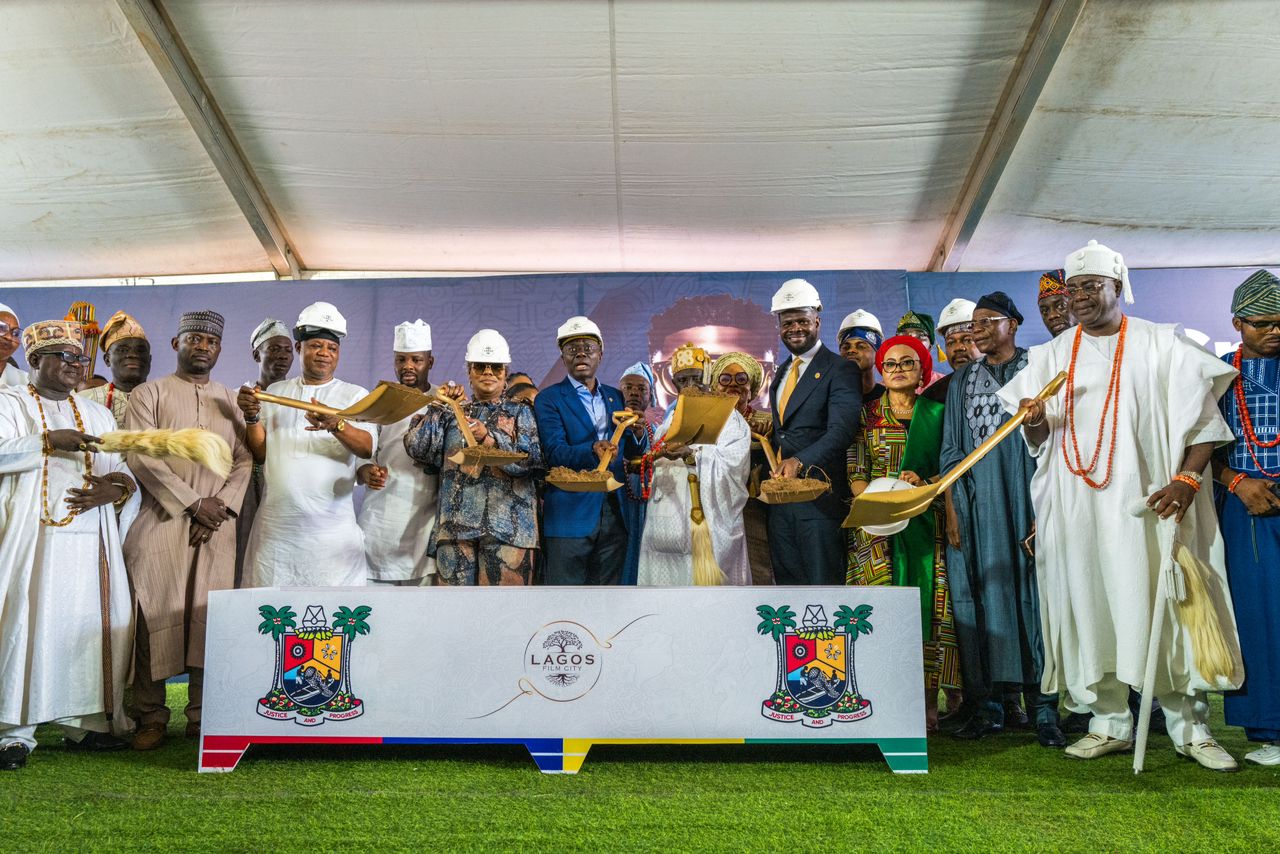Water, the earth’s most prized resource, is the lifeblood of our planet. It is a fundamental component of every ecosystem, sustaining life in its various forms. Despite its importance, water is not as easy to access as it is meant to be.
As of 2022, approximately 2.2 billion people in the world lacked access to safely managed drinking water. Of this number, 115 million people drank surface water. The World Health Organisation (WHO) further reports that over 2 billion people globally live in water-stressed regions, making access to safe water difficult. These figures are troubling, given statistics on the number of deaths that occur annually due to unsafe water, sanitation and hygiene. According to UNICEF’s Triple Threat report, unsafe water, sanitation and hygiene are the principal causes of death of around 400,000 children (under the age of 5) reported dead each year. Similarly, according to UNICEF’s Executive Director, Catherine Russell, “Each year, 829,000 people die from diseases directly attributable to unsafe water, inadequate sanitation and poor hygiene practices.”
Reports from global bodies reveal that this horrendous trend will persist without concentrated efforts to turn the tide. At the current pace, at least 2 billion people worldwide will still lack access to clean drinking water by 2030 (the year benchmarked by the UN for universal and equitable access to safe and affordable drinking water to be achieved). Additionally, at the current progress rate, by 2030, 3 billion people will still be living without safe toilets and 1.4 billion without basic hygiene services. This equates current global efforts to nothing more than a drop in the ocean.

Increasing this progress rate is one of the goals of the Nigerian Bottling Company (NBC). In the past seven decades, we have invested over 9 billion naira, impacting over 6 million people through various initiatives. Thirteen years ago, through our strategic partnership with the United States Agency for International Development — under the Water and Development Alliance (WADA) — NBC ensured that 9 communities in Kano and Enugu received crucial water, sanitation and hygiene (WASH) facilities. Through this alliance, designated communities received 28 new boreholes, 145 units of public latrines with handwashing facilities and 20 existing boreholes were rehabilitated. This is in addition to a $2 million WASH partnership being implemented with the USAID in 44 communities across Cross River and Abia States.
Furthermore, in 2019, the Nigerian Bottling Company implemented the Challawa Clean Water Project to transform the community’s river water into safe drinking water for thousands of Kano State denizens. This project was spurred by the state’s arid climate which makes accessing safe drinking water a herculean task for the average indigene. Since this project was initiated, we have provided water for 1 million people and replenished 965,000 m3 of water annually. Furthermore, the Nigerian Bottling Company renovated the Kano State Water Board Laboratory in Panshekara, integrating cutting-edge water testing technology and two tube wells to provide clean water to 300,000+ indigenes of Madobi and Challawa communities. This intervention is expedient as the Northern part of the country currently bears the highest burden for waterborne diseases.
Data from the Global Alliance Against Cholera and other Water-Borne Diseases shows that in 2021 alone Nigeria recorded 3,604 deaths caused by the epidemic, with the Northern region recording the highest numbers. 53% of the reported Cholera cases emanated from Kano, Jigawa, Bauchi and Zamfara. The cause? Poor sanitation and consumption of contaminated water. As of 2022, about 2 billion people worldwide were using water contaminated by faeces, per a World Health Organisation factsheet. Trends suggest that this figure is not about to go down. In Nigeria alone, more than 45 million people practise open defecation. On the global level, about 145 million children engage in the practice, as revealed by the United Nations Children’s Fund (UNICEF). Evidently, if the scourge of unsafe water and its perilous effects will be cured, open defecation must be eliminated.
To this effect, over the years the Nigerian Bottling Company has made providing state-of-the-art facilities to encourage proper hygiene a priority. Just last year, NBC’s parent company, the Coca-Cola Hellenic Bottling Company, donated €1 million to support the Nigerian government’s efforts to end open defecation in the country by 2025 amongst other initiatives. Building on this, NBC, quite recently partnered with the Organized Private Sector in Water, Sanitation and Hygiene (OPS-WASH) to provide ultramodern toilet and sanitary facilities in five locations in Nigeria, including Lagos (Idumagbo and Oyingbo), Owerri, Benin, Kano, and Maiduguri. According to projections, this initiative will impact about 5 million people annually.
Ensuring proper hygiene and sanitation on a colossal scale, however, cannot be achieved by a single entity. It requires the contribution of multiple stakeholders. At NBC, we partnered with the United States Agency for International Development (USAID)’s Effective Water, Sanitation, and Hygiene Services (E-WASH) program to make this possible. Through this program — administered by RTI International — we have effectively extended our efficient water management practices to the Nigerian manufacturing industry, fostering the provision of safe drinking water in urban communities. So far, we have coached and (continue to coach) hundreds of Executives, Senior Managers and Water Professionals in State Water Boards in Abia, Delta, Imo, Niger, Taraba, and Sokoto states on how to increase access to high-quality water resources.
Despite our many achievements, there is much that needs to be done. Nations across the world need to intensify efforts to make safe water, sanitation and proper hygiene prominent in communities. Beyond the countless deaths (many of which are preventable), millions of lives are affected adversely due to inadequate or poor WASH services. Across the globe, children, women and men alike have to choose between dehydration and their health, economic sustenance and education. We believe, with concentrated efforts, we can turn this around.
Add a comment






